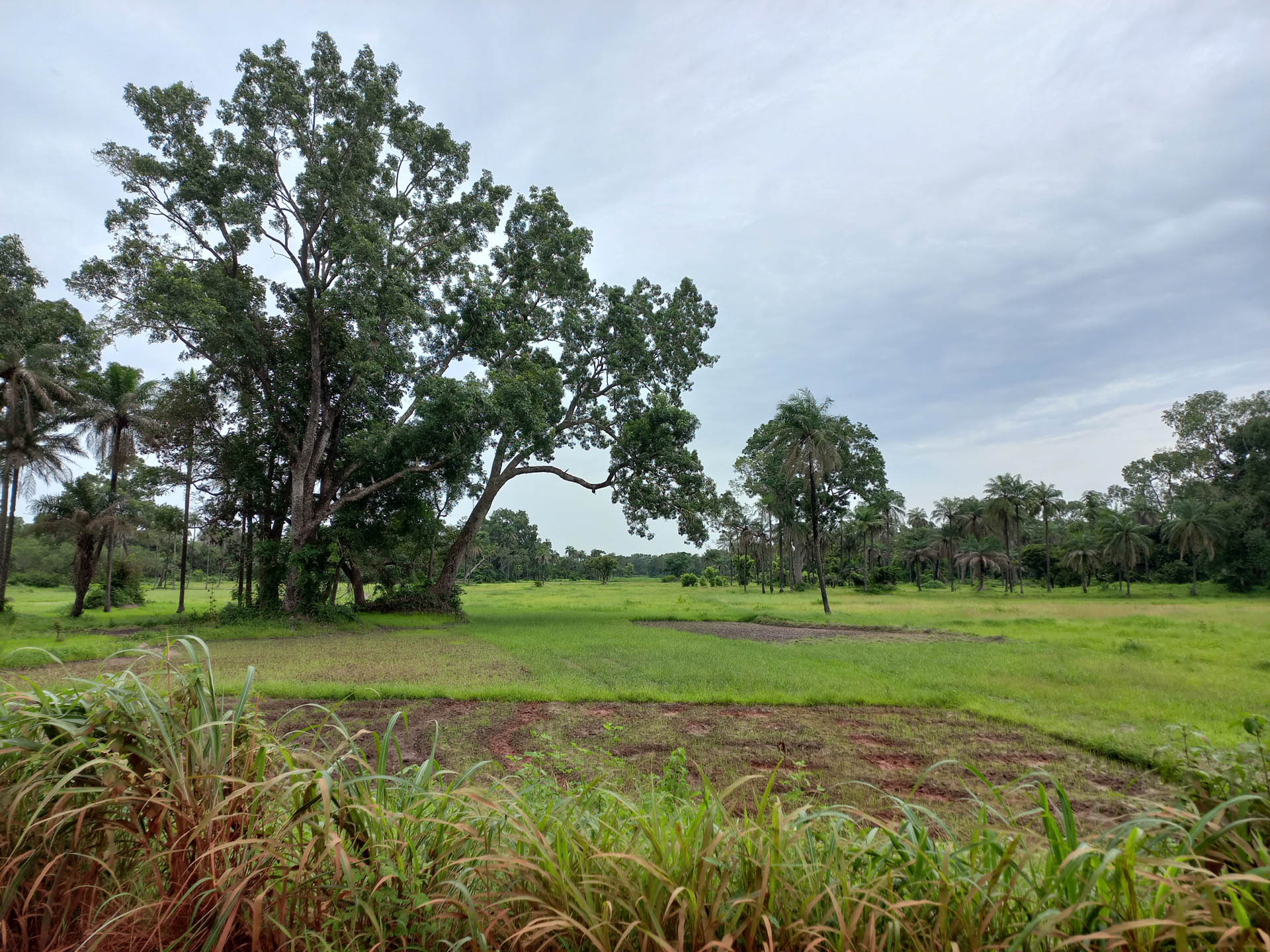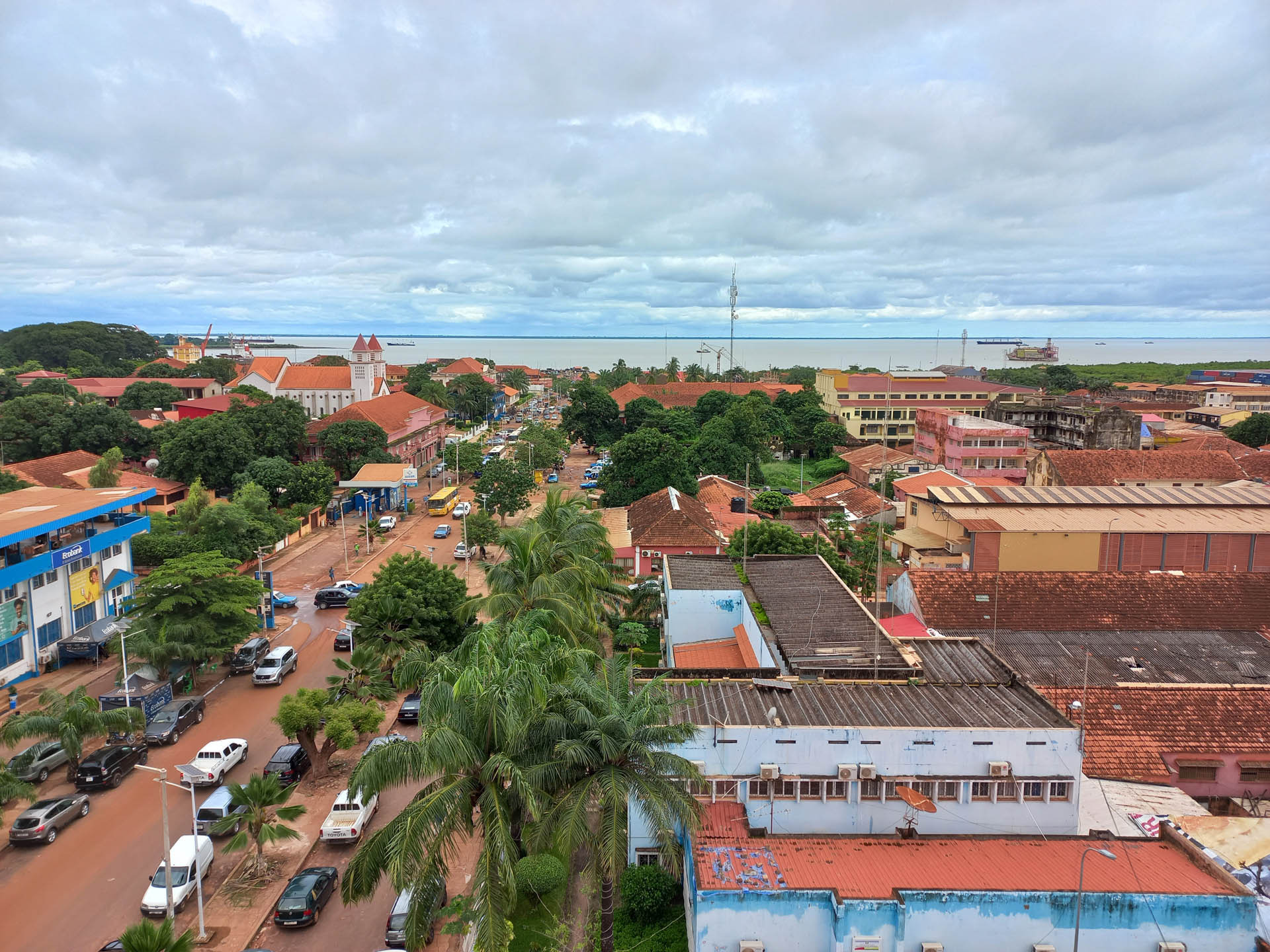
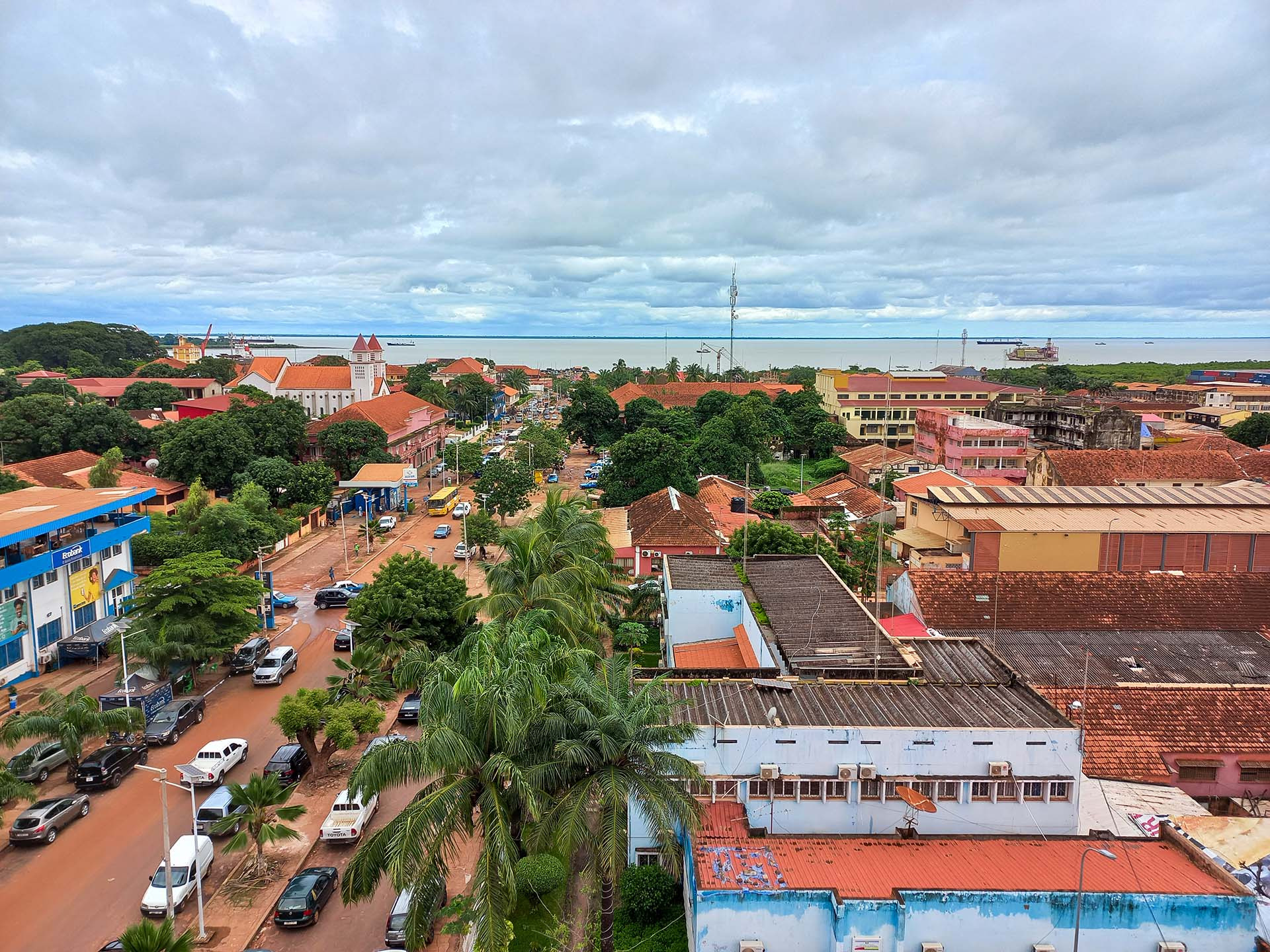
Energy, empowerment and environment
Consulting services
West Africa
Work with me
I help organizations to build and monitor more resilient projects in integrating environmental and social considerations in difficult contexts.
I have worked as an in-house employee, independent consultant and manager of my own team in very different countries. I have seen and worked with endless documents and business as usual, but I have also met innovative approaches and interesting outcomes.
I have a critical mindset to approach problems, and an ability to be proactive and adopt a problem-solving attitude specially while working in complex conditions.
My engineering background and experience in energy access and renewable energy projects makes me uniquely qualified. I bring technical understanding to ensure that project success and long-term results is the center of every discussion we have.
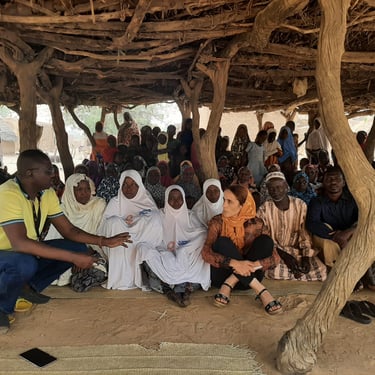
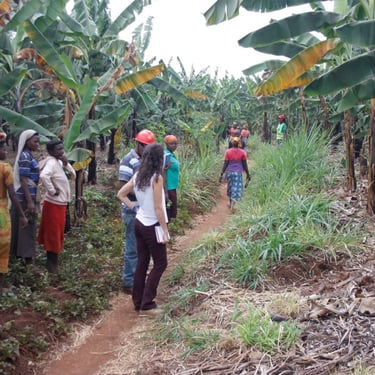
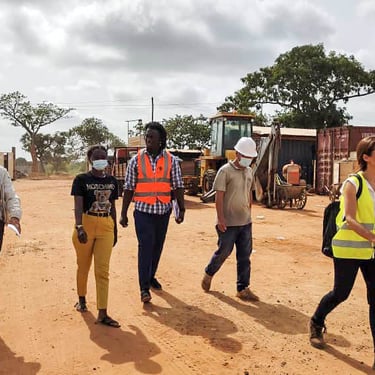
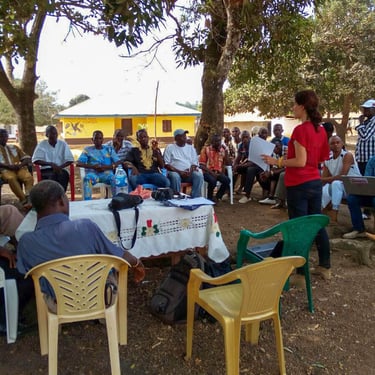
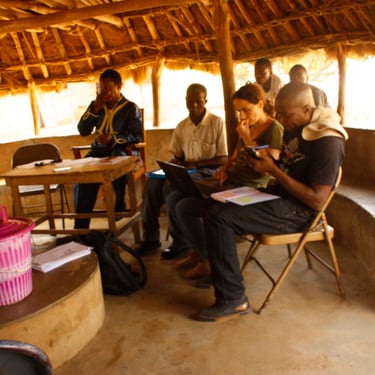
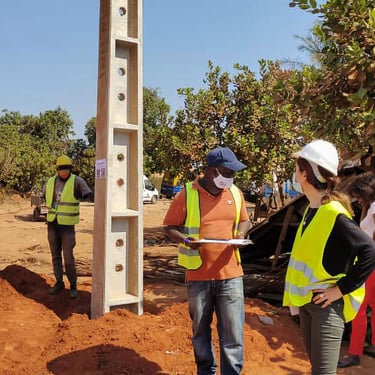
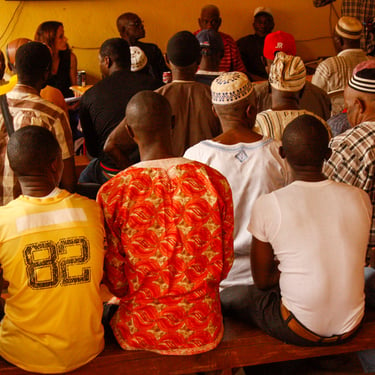
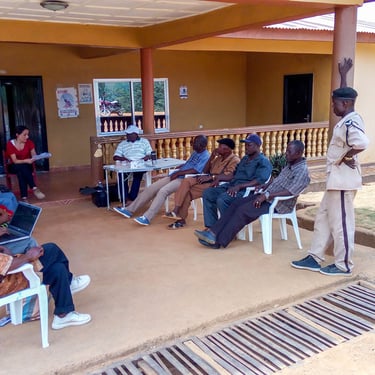
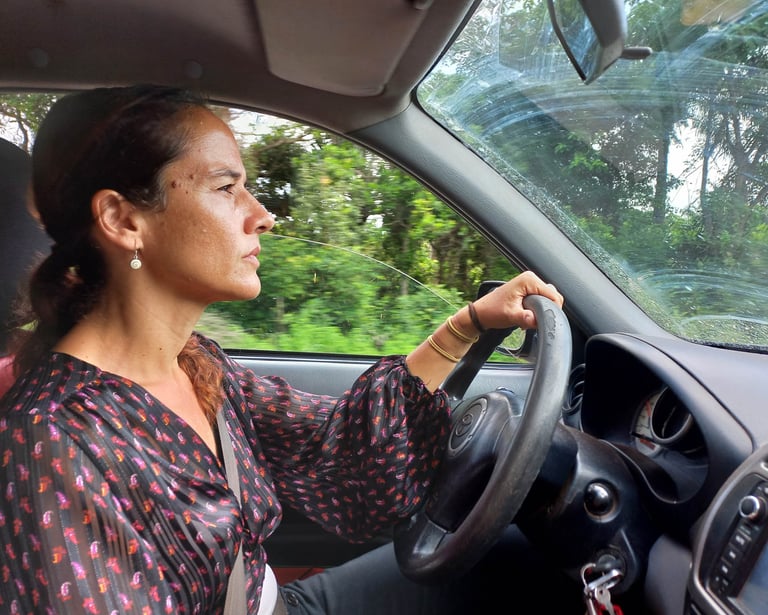

LandCrea is run by Elisabet Badia
Elisabet Badia is an environmental engineer born and raised in Barcelona, working primarily in the energy sector and now living and based in Senegal. She advocates for women's empowerment in the energy transition, and she enjoys challenging this paradigm in the Western African context, where she first arrived in 2016. Elisabet's background includes working with women's associations in the Philippines to protect the environment in tourism hotspots, conducting wind mills technical due diligences in Germany, designing solar and wind farms in the UK, working in Ethiopia to provide women in refugee camps with access to solar energy and developing strategies to mitigate Climate Change impacts.
She has been working in Guinea-Bissau on the implementation of funding mechanisms to increase local resilience to climate change events. Elisabet has a Master's degree in Environmental Sciences and an Engineering Bachelor's degree in Agronomy from two different Universities in Barcelona (Spain) and a Technical School in Germany.
Outcomes based on experience


Social and Environmental and Social Safeguards (SES)
Projects, programs, and policies are designed to obtain outcomes. The metrics used in the delivering of these outcomes need to be specific and verifiable with evidences, this is the same case that environmental and social safeguards. Outcomes in SES are measures of performance behavior that deliver value and reduce risks. SES has become less a question of philanthropy or “good behavior” than practicality and long-term results. Context-dependent metrics of SES is a feature of the project, program or policy but not the objective itself. It helps to determine to what extent the E&S standards are embedded in the project, and the added value of the outcome. SES normally follows a continuous improvement process to respond “what will the project be doing differently if we do a great job?” That is a good key result. That is a measure of success.
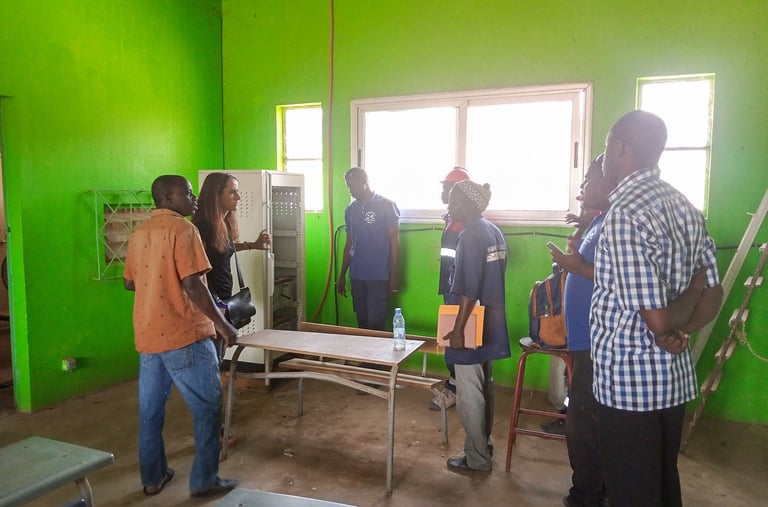

Access to energy
Many of the world’s poor depend on forests for their livelihoods as well as to meet their energy needs for cooking. In sub-Saharan Africa about 80% of the population relies on biomass. Lifting the poor out of poverty through improving access to jobs, social services, and improved living conditions requires a great energy input. Access to electricity supply (both grid and non-grid) in many developing countries is almost an exclusive service enjoyed by the non-poor in urban areas. Studies indicate that many of these options (such as demand side management, renewable energy use and efficient energy end-user devices such as tube lights, compact fluorescent lamps, biomass cogeneration, ethanol, etc.) are not as capital-intensive as conventional centralized energy options.
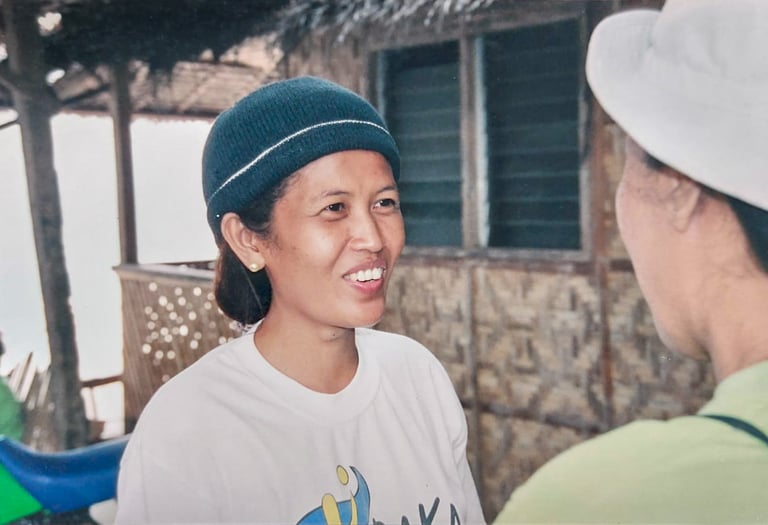

Light to empower
Consider the context. For over a decade women empowerment has been prominent in the rhetoric of development especially in climate change issues, especially in the Sahel area. Little progress has been made in finding ways to improve methodology, to achieve results and to rely on women participation to agree on methodologies for their own information and use. Empowerment is a complex term and the consequence of a combination of processes (e.g. participation, demanding and realizing rights, know-how, access to resources), that climate change policies should focus in addressing vulnerability. Understanding of gender aspects of climate change, for women to have a voice and to participate with impact, not only allows the empower process to exist but to challenge gender patters and climate change understanding.


Capacity building
Development projects have an endless enthusiasm about capacity building and strengthening of capabilities. On top of this there is an endless number of advisers running these activities. But how do we know these resources are going to create some level of impact among the public? How do we know what is the most important the beneficiary need to learn right now for that project? Everyone know why the project is important and the impact must have. The value of setting out how and when to achieve the learning goal determines the achievement of the impact. Another benefit is to seat out the learning activity with a clear learning goal agreed upon the group to reduce the waste of doing too much in the wrong direction and in a bad timing.
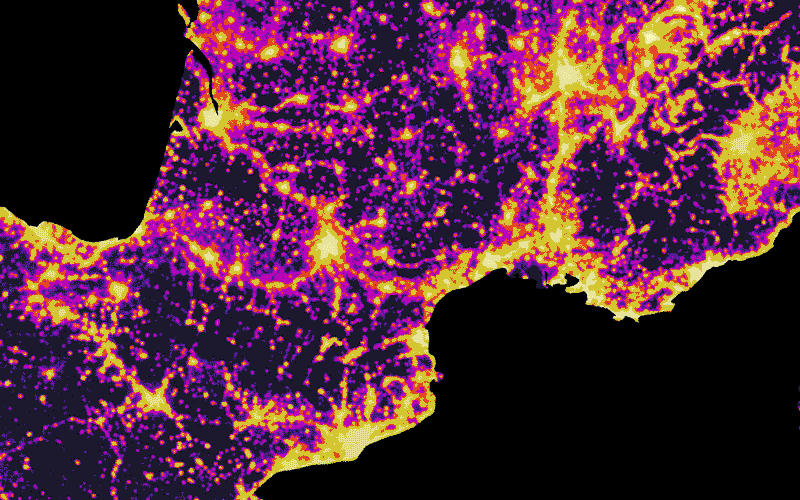

Spatial and geographical analysis
Spatial and geographical analysis plays a crucial role in climate change products. These analyses help identify most vulnerable areas to climate change and design strategies to effective mitigation and adaptation strategies. By analyzing climate data and mapping it spatially, researchers can identify patterns and trends in temperature, precipitation, sea level rise, and other variables. This information can then be used to inform policy decisions and to develop climate models that can accurately predict future changes. Geographical analysis is also important for understanding the impacts of climate change on different regions and communities, and for identifying areas where interventions are most needed. By combining spatial and geographical analysis with other disciplines, such as ecology and social science, we can gain a more comprehensive understanding of how climate change is affecting our planet and what we can do to address it.
